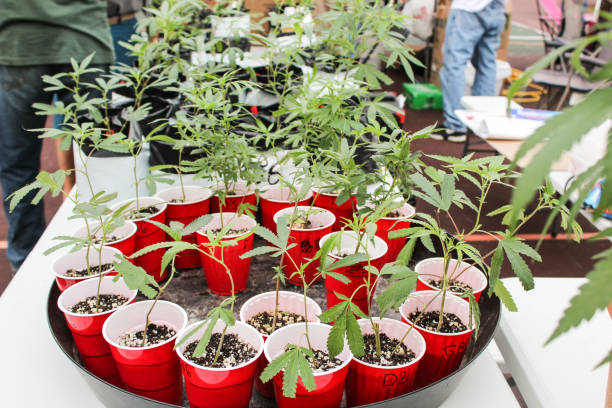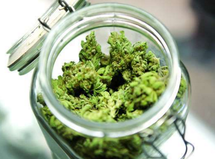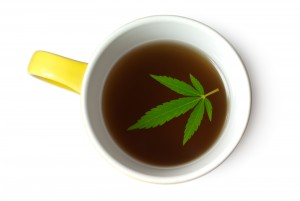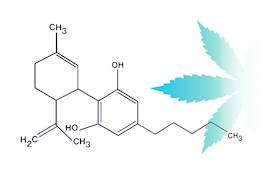|
It’s been more than 25 years since Californian’s passed Prop 215. Today, even states like Texas and Georgia have enacted compassionate use laws. That’s right compassion. That’s how it all started. People who were dying with overwhelming sickness needed help. Modern pharmaceutical drugs were not successful, their side effects causing more problems than they solved. We have evidence of an opiate crisis. We have intractable nausea and vomiting from Cancer chemotherapy. There are people anxious or depressed after traumatic life experiences or unable to sleep and addicted to sleeping pills. All these problems are addressed by allowing people to grow Cannabis, a plant that humans have cultivated for thousands of years.
Today I learned that the Humboldt County Director of Planning and Building ordered a deputy sheriff to tear down the personal garden of one of my patients. He is sick and needs medicine. An annual report from DEA’s Domestic Cannabis Eradication/Suppression Program says that the agency confiscated more than 5.5 million Cannabis plants and arrested approximately 6,600 people over Cannabis in 2021. That’s a 22% increase in the number of confiscated plants and a 32% increase in the number of people arrested. It’s both funny and sad when you think about. Humanity prides itself on having large brains and being the thinking animal. If we are so thoughtful, why do we prohibit or control the cultivation of a plant that we find useful? Somewhere in the forest, animals with much smaller brains are shaking their heads and laughing at the same time. You might think of having a personal garden. The idea of enjoying sweet fruit and crisp vegetables from your own garden does not cause fear or panic. But, if you think of incorporating Cannabis into your garden, you must pull out the rule book and worry about your neighbors. How many plants are OK? What, I can’t just grow what I want or need? “At a time when the overwhelming majority of voters support legalization, and when more and more states—and even members of Congress—are moving toward this direction, it is troubling to see federal agents and their local partners reversing course and reinvigorating their marijuana (Cannabis)-related enforcement activities,” says Paul Armentano, deputy director of NORML Northern California is notorious for its stance against Cannabis prohibition. People are either from there or have moved there to cultivate Cannabis. They escaped up winding mountainous roads and disappeared among the redwoods to grow the weed. Elected officials looked the other way or sometimes even participated in Cannabis cultivation. With the repeal of prohibition, one might expect the inhabitants of northern California to be dancing in the streets. But ignorance and greed persist and the war on Cannabis continues. Cannabis is a plant that grows easily for the benefit of humans. We are thankful to have powerful medicines, strong fibers, and nutritious oils from such a wonderful plant. Those elected officials and henchman-like law officers that continue to insist on controlling the cultivation and restricting sharing of this earthly bounty for power and gain must go. The war on Cannabis continues and the personal Cannabis gardener is the foot soldier. In health or in defiance, put a Cannabis plant in your garden today and signify that any attempt to obstruct and dominate over the planting of a seed will never succeed. A recent study by investigators at the University of New Mexico, Department of Psychology, reveals that Cannabis users prioritize Empathy, Moral Fairness, and Moral Harmlessness. The study, titled “Cannabis Consumption and Prosociality”, was published in Nature Scientific Reports. “Prosociality” refers to the intentional act of advancing the well-being of others.
Previous studies have suggested an association between Cannabis use and antisocial behavior. For example, a study of people with a criminal history of aggression proposes that their Cannabis use is a predictor of their aggressive behavior. Another study of men arrested for domestic violence links Cannabis use to future violence. These studies describe the behavior of lawless and disruptive Cannabis users. However, they don’t lend insight to Cannabis use among healthy populations. In response, psychologists decided to evaluate healthy Cannabis users. They measured the traits of 146 young adults between the ages of 18 and 25 using validated social psychology scales. Participants’ urine was tested for THC and they were asked if they had recently used Cannabis. Approximately half of the participants had recently used Cannabis. Those with THC in their urine had higher “prosocial” scores compared the THC-free cohort. THC positive females scored higher on measures of aggression and THC positive males scored higher on measures of agreeableness. It's important to note that the study found no difference in measurements of anger, trust of others, emotional stability, openness, principles of respecting authority, and preserving the concept of purity. The authors explain that Cannabis is often consumed to reduce feelings of anger and aggression. Animal and human studies have shown that, unlike alcohol, Cannabis intoxication results in a decrease in aggressive behaviors. Observational studies indicate that Cannabis users are less irritable, agitated, and stressed. With increasing access to Cannabis, it’s important to understand what happens to Cannabis use in healthy populations. This study consisted of undergraduate students at University of New Mexico. These students were without chronic health conditions. They also likely have similar social environments. A study of this population explains an association of Cannabis use for a specific group of people. Nevertheless, the results add to growing evidence that Cannabis use can add benefit to healthy populations. Similar studies can be applied to other healthy populations. |
AuthorJean Talleyrand, M.D., Archives
September 2023
Categories |
Mailing Address: MediCann 1336 Willard Street, C • San Francisco, CA 94117
Important Disclaimer!
The information contained in this site does not intend to replace any medical advice or care by a trained physician.
Any use of this information is solely the the responsibility of the user.
Important Disclaimer!
The information contained in this site does not intend to replace any medical advice or care by a trained physician.
Any use of this information is solely the the responsibility of the user.
© COPYRIGHT 2015. ALL RIGHTS RESERVED.


 RSS Feed
RSS Feed


